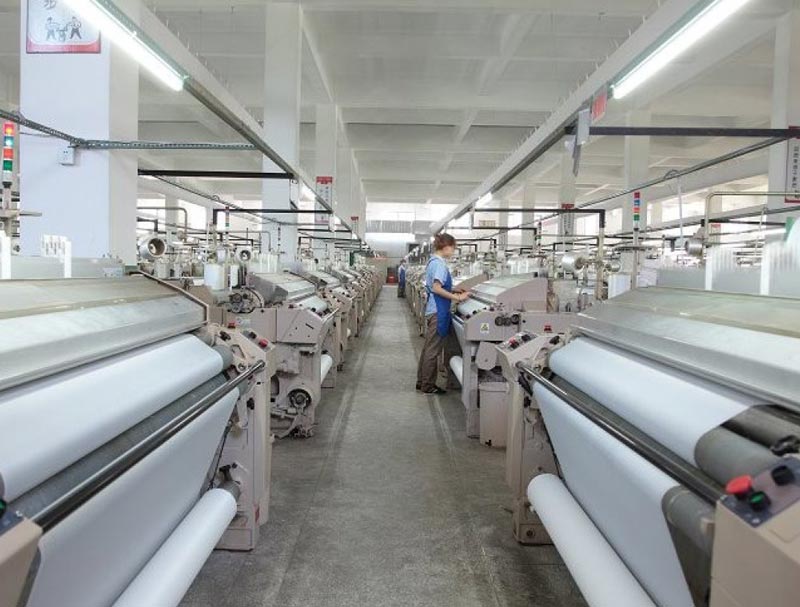Resources How Does Supply Chain Management Ensure Quality?
How Does Supply Chain Management Ensure Quality?
Article
Managing an international supply chain is a highly complex process, involving many different moving parts.
Yet when approached effectively and efficiently, supply chain management (SCM) can feed into improving quality and creating a positive, circular relationship between these two crucial aspects of production.
Ensuring that the quality of products produced by the
supply chain management process meet consumers’ high expectations is a significant challenge. Quality is a key metric for assessing the effectiveness of a supply chain; therefore, SCM must involve measures to improve the quality of supplier output. In turn, these quality control measures have substantial effects that improve the efficiency of supply chains in several ways.
SCM Optimization Measures and Practices
An optimized SCM looks at the lifecycle of every part of a product in a holistic fashion.
International supply chains are composed of many different processes and participants, and any
errors or inefficiencies at any point in the chain can have cascading effects on the rest. As a result, the earlier stages of the product lifecycle are often an area of focus for SCM, as success there can cascade through the rest of the supply chain. One way to set a product line up for success is to implement quality controls at the earliest stage of manufacture: sourcing raw materials. Eliminating below-par materials as early as possible is beneficial from an SCM perspective, as it reduces costly defects down the line, and it can greatly improve the quality of the average unit produced.
Improving the relationships between a brand and its suppliers is another crucial element of good SCM.
In the ideal brand-supplier relationship, each party has some involvement in the decision-making processes of the other, and both communicate extensively to deal with issues as they arise. In a relationship like this, it becomes much easier for brands to train suppliers in the best quality control techniques for their various products, and to observe whether these are being implemented. Overall, the relationship between a brand and suppliers should be
mutually beneficial and supportive.
Better quality control at every stage of manufacture can dramatically reduce the variance in the quality of individual units.
Just as effective SCM creates conditions for implementing strong quality control measures, strong quality control measures feed back into making SCM easier and more effective.
One way they do this is by increasing consistency.
Better quality control at every stage of manufacture can dramatically reduce the variance in the quality of individual units. This means fewer defective units and therefore fewer outliers in the data SCM collects, which reduces the need for managers to intervene, saving time for both brand and suppliers. It also improves the consistency of delivery time and reduces the potential for delays, by eliminating what could otherwise be a major cause of errors.
Implementing Total Quality Management
Many successful manufacturing supply chains use an approach known as
Total Quality Management (TQM) to bring together their SCM processes and their quality control processes. Originating in the 1950s, TQM encourages companies to focus on shifting the attitude of employees from their supply chain through to customer service. By empowering as many employees as possible to take a holistic attitude towards product quality with a focus on the customer,
companies from Motorola to Toyota to Phillips have seen greater success in both their SCM and their quality management.
While TQM is the most all-encompassing expression of the relationship between SCM and quality, it is clear that any brand which develops effective SCM starts a cycle of quality improvement. Better quality control feeds into greater supply chain efficiency, which in turn frees up more resources to feed back into improving quality control further. Investing in SCM is an all-around win for enhancing quality, benefitting brands, suppliers, and consumers alike.
CleanChain, an ADEC Innovation, helps you gain visibility and insights into the chemical use in your supply chain. Want to find out more? Book a demo with us to find out how CleanChain can help you engage your supply chain and improve your chemical management initiatives.

CleanChain Editorial Team
ADEC Innovations’ environmental, social and governance (ESG) business advances sustainable practices around the world and helps organizations responsibly grow and operate.









